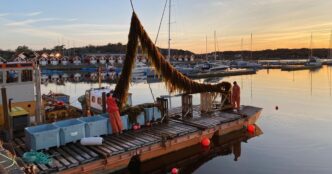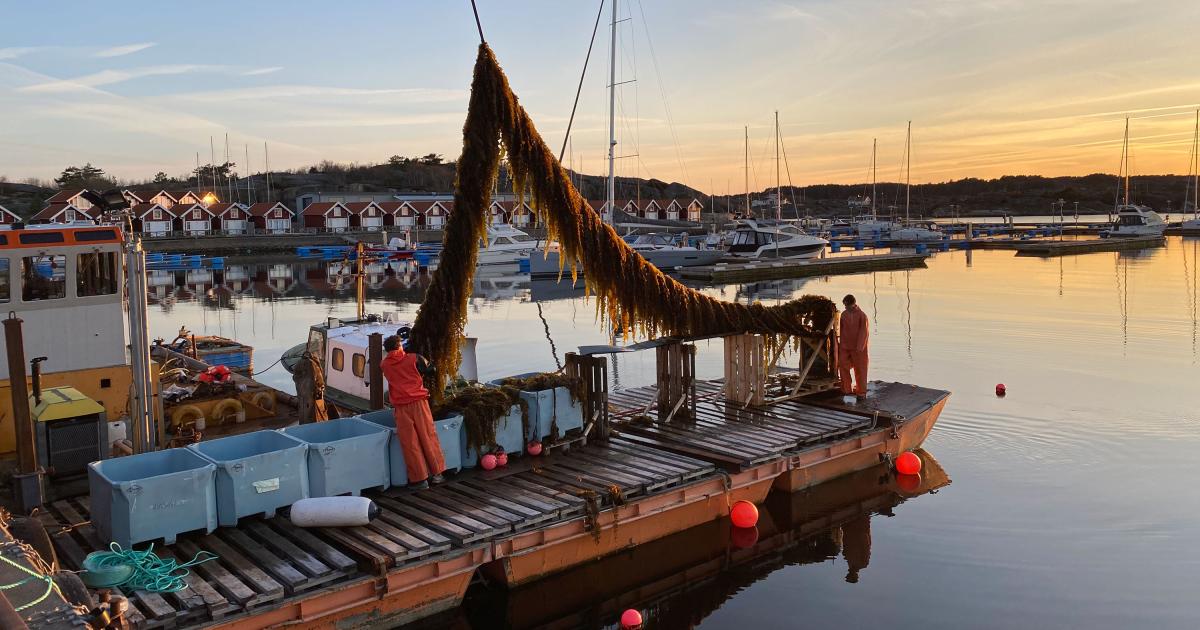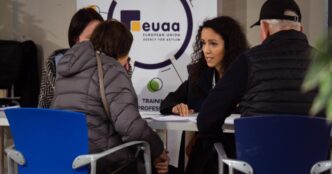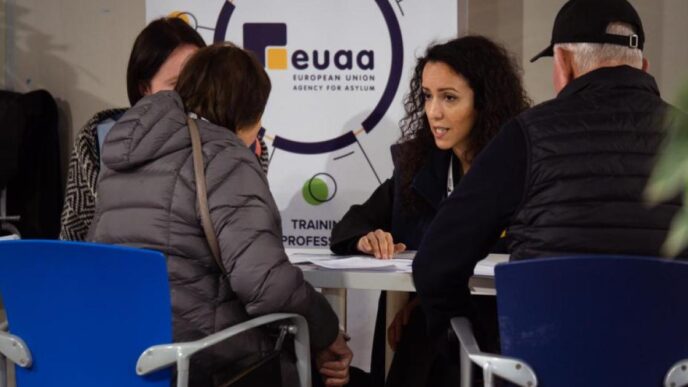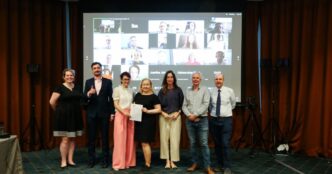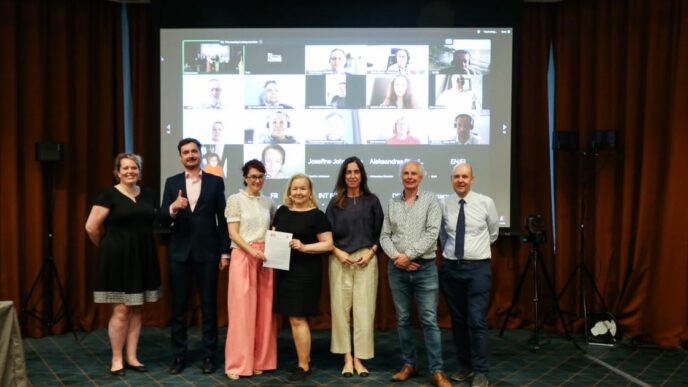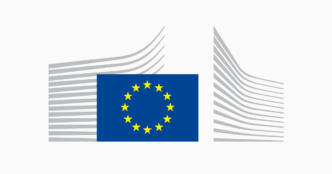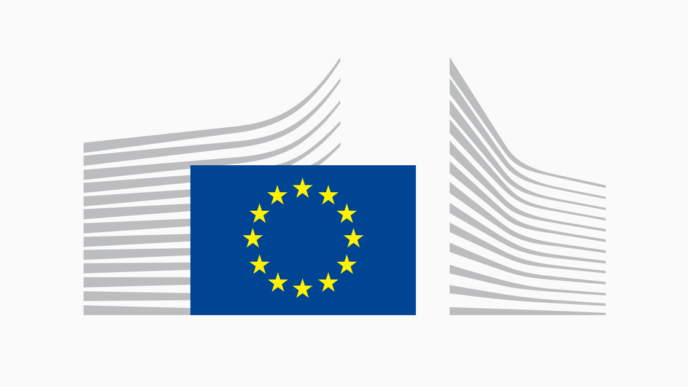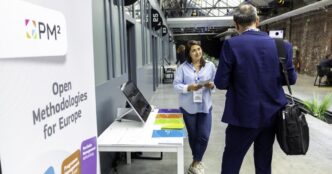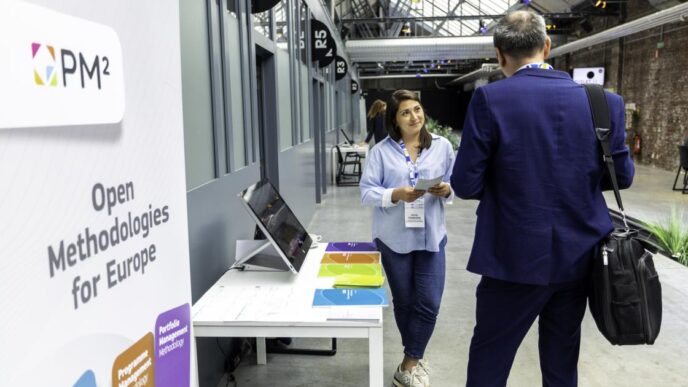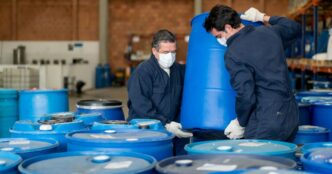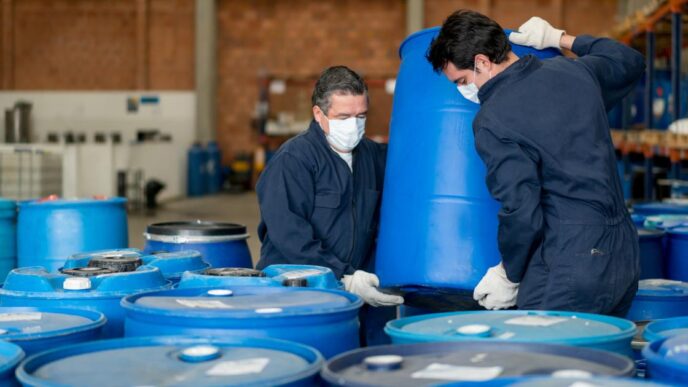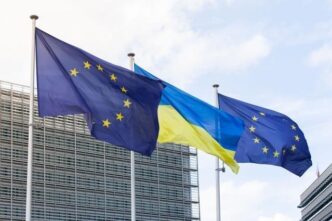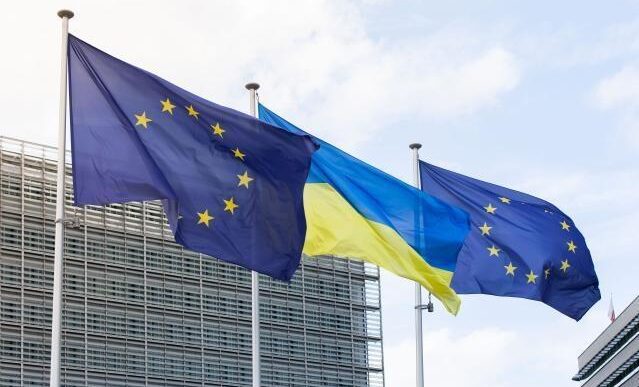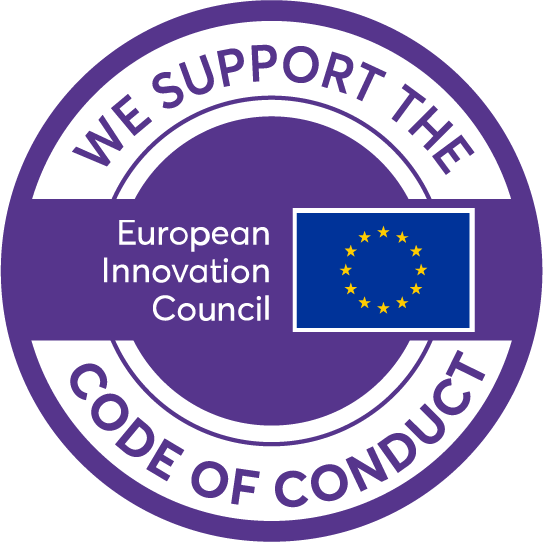Thanks to EU support, the Swedish start-up company KOASTAL is testing an innovative business model for large scale sustainable sugar kelp cultivation on the west coast of Sweden. The idea is to create a franchise concept where small-scale players, including fishers, will be assisted with everything from permits and equipment to training and a guaranteed purchase of the harvest.
Franchising the future of seaweed: The KOASTAL journey
When Samuel Amant was working on his master’s project on entrepreneurship, focusing on promoting sustainable seaweed farming, he probably didn’t know what he was in for. Today, his initial idea has given birth to the company KOASTAL, which currently has 6 farms in operation and 10 permits for seaweed aquaculture.
The business of KOASTAL is built around a franchise model that helps fishers and others interested in seaweed farming to overcome the many entry barriers to seaweed farming. KOASTAL helps with the farm setup including permits, equipment, seedlings and market channels including a buy-back guarantee for the crops. The fishers then operate the seaweed farms with input from KOASTAL on how to optimise production.
The vision of KOASTAL is to establish seaweed farming as a well-integrated part of the seafood value chain, where fishers can build on their existing infrastructure and knowledge to diversify their income during the winter/early spring when the harvest takes place. At the same time, the KOASTAL network of farms ensures reliable and consistent delivery of high-quality seaweed to large-scale buyers of seaweed. For seaweed buyers, KOASTAL is a reliable partner supplying seaweed from several farms, which reduces the production risk.
Tackling seaweed farming challenges with the KOASTAL model
Seaweed farming as a franchise is an innovative idea in Sweden and it is also unfamiliar to many fishers, making it a challenge to convince them to start farming. Therefore, much work has gone into building trust and to demonstrate profitability using pilot farms.
Another challenge in seaweed farming is the production cost relative to market prices and the high seasonality with harvest taking place in only a few weeks of the year. To make seaweed farming profitable, there is a need for efficient logistic- and market chains. The KOASTAL model offer a potential solution by using fishers’ existing infrastructure, bringing costs down, and building a network of farms facilitating an efficient production system.
‘This is where we come in. Through our concept, we can reduce costs and simplify the process for growers, while at the same time building a stable market for seaweed harvesters,’ as Samuel Amant explains.
With some help from the EU
The EU funding was earmarked to develop technical solutions, build a digital platform for farmer support and establish pilot farms along the Swedish West coast. Today, three years after they started, six pilot farms are up and running and the digital platform with guides, training and logistics solutions for franchisees has been developed. The pilot project runs until the end of 2025 and KOASTAL is confident about the future as they have plans for further extension.
As Samuel Amant says: ‘The first cultivations show that we can produce high-quality seaweed in a sustainable way. Now it’s about scaling up and getting more people to dare to invest’. The model is already being transferred to other regions of Sweden, and more partners are joining, so stay tuned for their further development.
More information
Project website: Koastal
Project on social media: KOASTAL (@koastal.official) • Instagram photos and videos / (23) KOASTAL: Overview | LinkedIn / Facebook
EU4Algae initiative: EU4Algae
